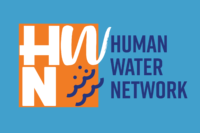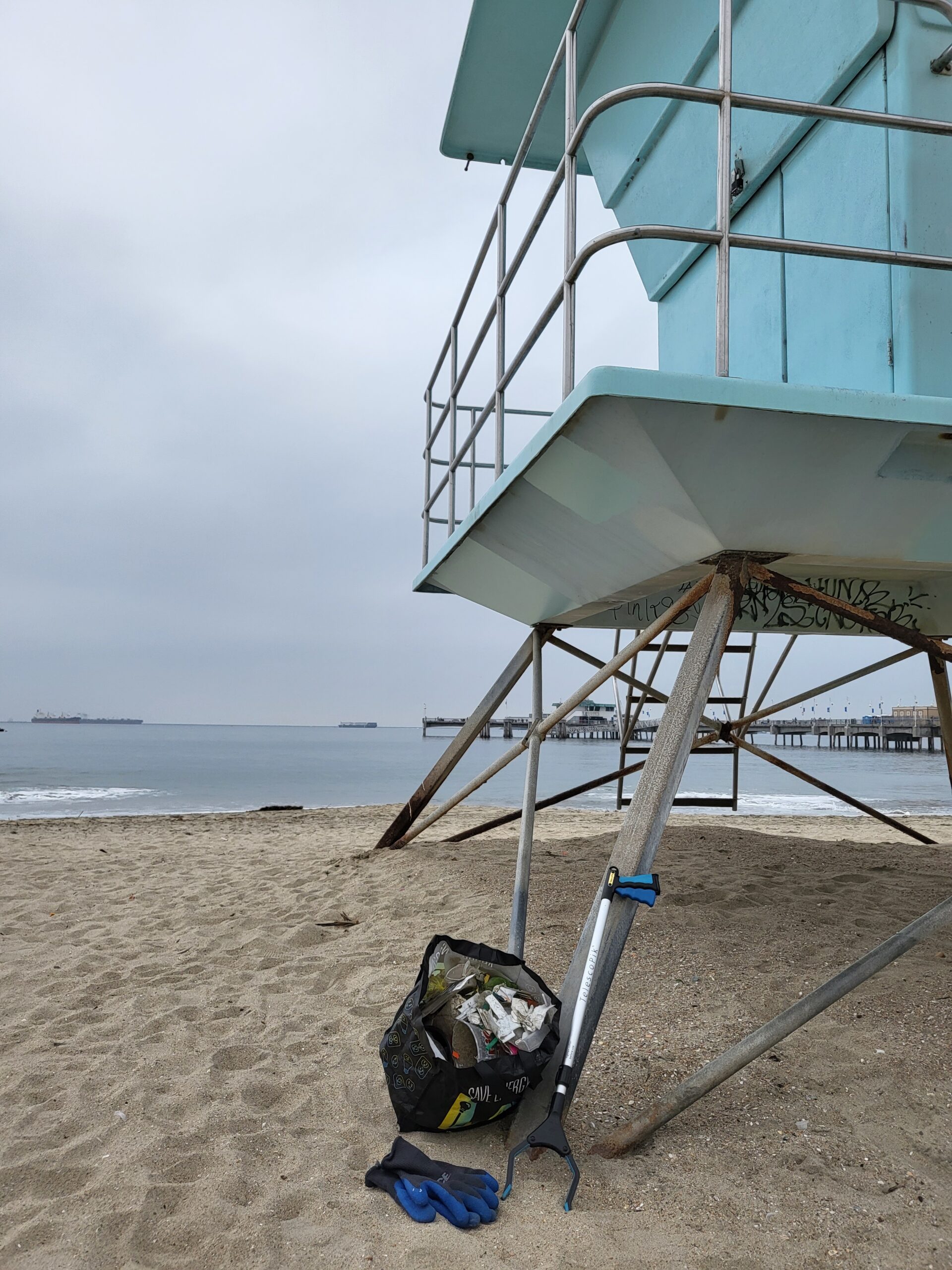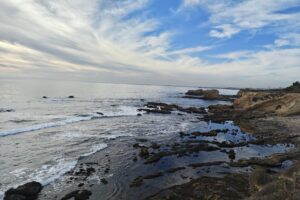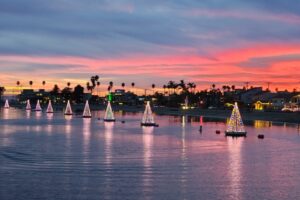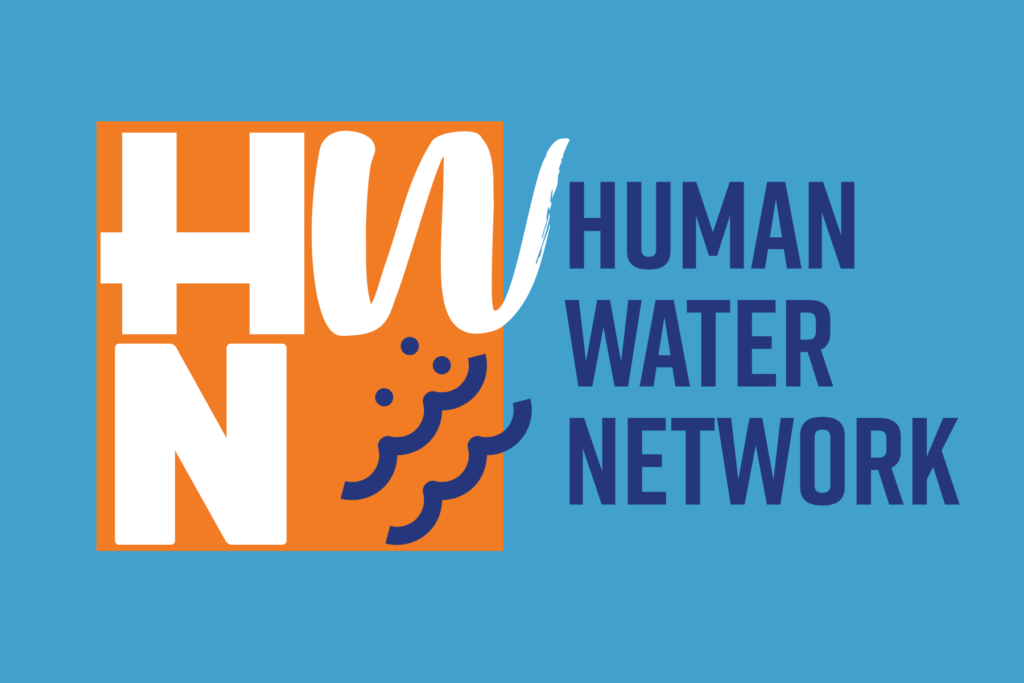Every Day is a Water Advocacy day!
The Crucial Role of Individuals in Advocating for Healthy Beaches and Rivers
Beaches and rivers are more than just beautiful landscapes; they are essential ecosystems that support diverse wildlife, provide recreational opportunities, and serve as vital resources for local communities. Yet, these precious environments face numerous threats from pollution, climate change, and human activities. While large organizations and government initiatives play essential roles in conservation, the power of individuals as advocates must be considered. Each person can significantly impact the promotion and protection of the health of our beaches and rivers.
Understanding the Importance of Healthy Beaches and Rivers
Healthy beaches and rivers are crucial for the environment and the economy. They provide habitats for countless species, including fish, birds, and marine mammals. Additionally, these ecosystems are essential for water quality, acting as natural filters that help remove pollutants before they enter our drinking water sources. Healthy beaches and rivers also support local economies by attracting tourists, providing fishing and water sports opportunities, and enhancing community well-being.
However, many of these environments are under threat. Pollution from plastics, chemicals, and agricultural runoff contaminates waterways, while climate change leads to rising sea levels and increased flooding. To combat these issues, individuals must not just passively observe but actively advocate for the health of their local beaches and rivers. It’s our responsibility, and we have the power to make a difference.
The Power of Individual Advocacy
Individuals are at the heart of community engagement and grassroots movements. Here’s how each person can play a vital role in advocating for healthier beaches and rivers:
- Education and Awareness: The first step in advocacy is understanding the issues. Individuals can educate themselves about local environmental challenges, such as pollution sources and habitat destruction. Sharing this knowledge with friends, family, and social media networks amplifies awareness and fosters a community that prioritizes environmental health.
- Participating in Cleanups: Community cleanups are a powerful way for individuals to take action. Advocates can help remove trash and debris from these vital ecosystems by participating in or organizing beach and river cleanups. These events beautify the environment and encourage others to join in, creating a ripple effect of positive change.
- Advocating for Sustainable Practices: Individual choices matter. Individuals can lessen their impact on local beaches and rivers by adopting sustainable habits, such as reducing plastic use, properly disposing of waste, and conserving water. Encouraging others to do the same fosters a culture of responsibility and care for the environment.
- Engaging with Local Government: Individuals can advocate for policy changes that protect beaches and rivers by attending town hall meetings, contacting local representatives, and supporting legislation prioritizing environmental protection. Community members can influence decision-making processes that impact their waterways by voicing concerns and suggesting solutions.
Becoming a Community Leader
Individuals don’t have to wait for others to lead the charge. Taking the initiative to become a community leader in environmental advocacy can have a transformative effect. By organizing educational workshops, hosting events, or forming local advocacy groups, individuals can inspire and mobilize their communities to take action. Your leadership can be the spark that ignites a wave of positive change.
Inspiring Future Generations
Finally, one of the most potent ways individuals can advocate for healthy beaches and rivers is by inspiring the next generation. Teaching children about the importance of these ecosystems and involving them in conservation efforts cultivates a sense of responsibility that can last a lifetime.
Conclusion
Advocating for healthy beaches and rivers is not just the responsibility of organizations or government entities; it is a duty that falls on each individual. By taking action, spreading awareness, and fostering a culture of sustainability, we can collectively protect these vital ecosystems for future generations. The health of our beaches and rivers is in our hands—let’s make it a priority.
